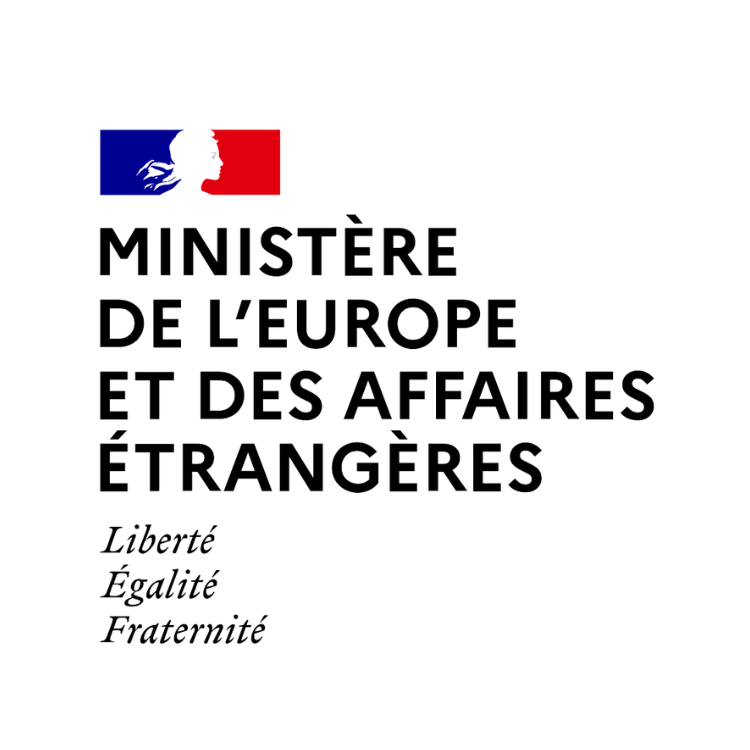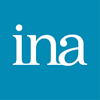ITAR Consultants is conducting a three-month evaluation of a book accessibility initiative funded by the French Embassy in Lebanon. This project addresses a critical challenge: since the onset of the economic crisis, many families and schools have struggled to provide students with books, relying instead on PDF files and scanned excerpts due to high costs .
The initiative transfers publication rights from French publishers to Lebanese publishers, enabling the local production and sale of books at half price. This innovative model—typically used for translation rights—is being piloted as a potential scalable solution to improve educational access and support francophone publishing ecosystems.
Following the OECD DAC criteria, ITAR’s evaluation examines whether the project has successfully:
- reduced the financial barrier to book access,
- strengthened francophone education in Lebanon, and
- supported local publishers and booksellers in a fragile economic context.
If successful, this model could be replicated in other regions, offering a sustainable approach to improving access to educational resources in crisis-affected settings.







